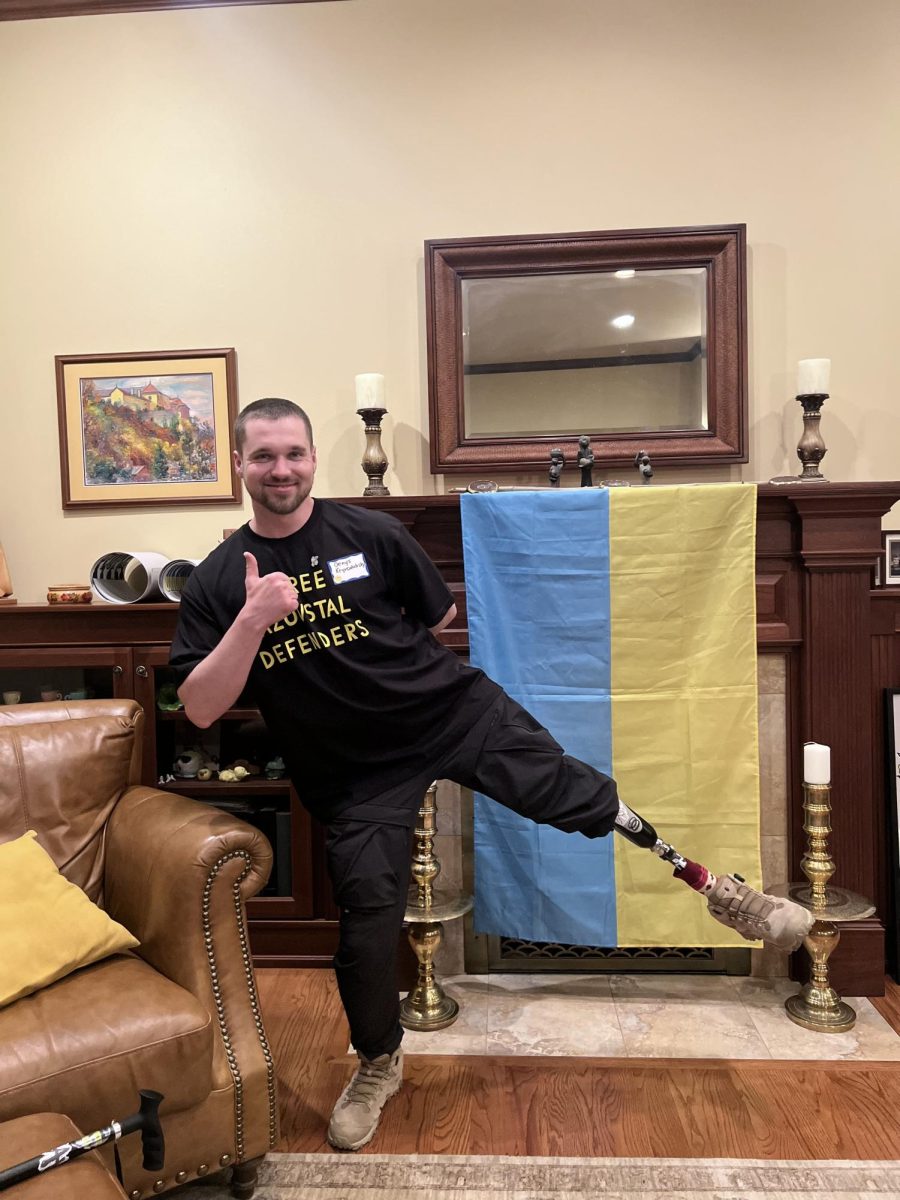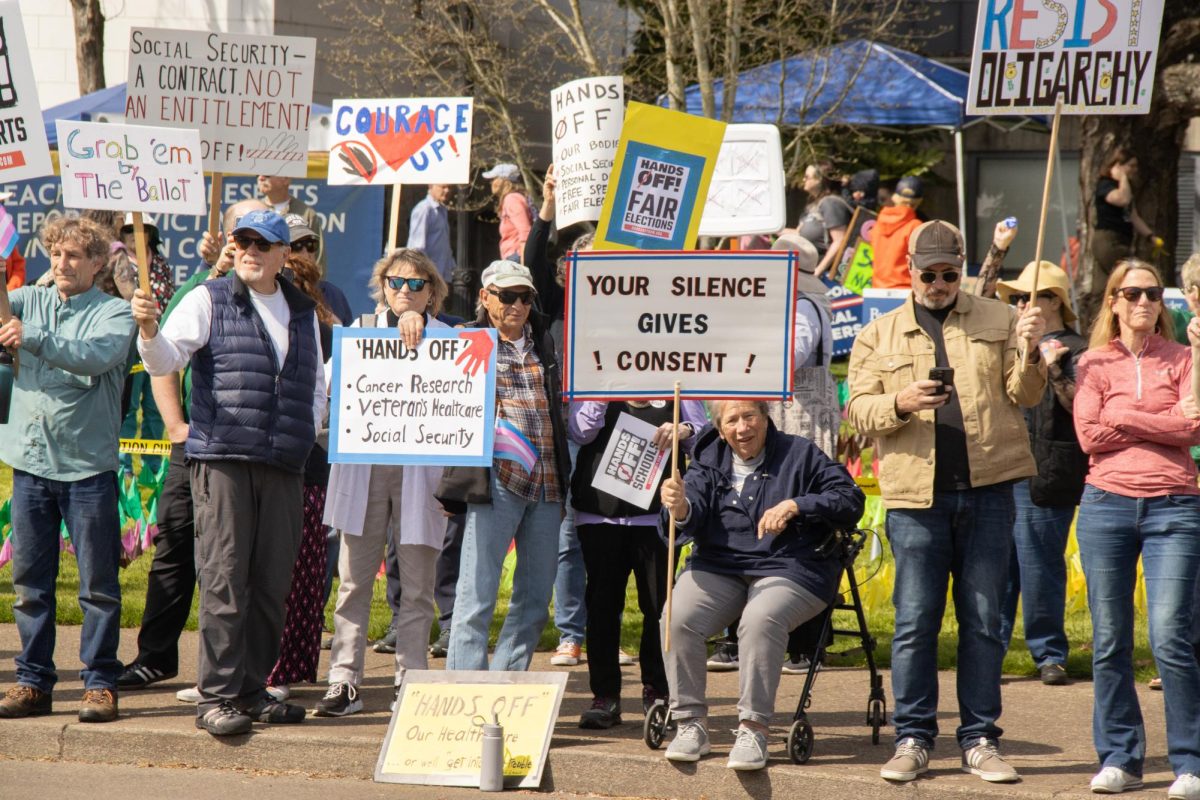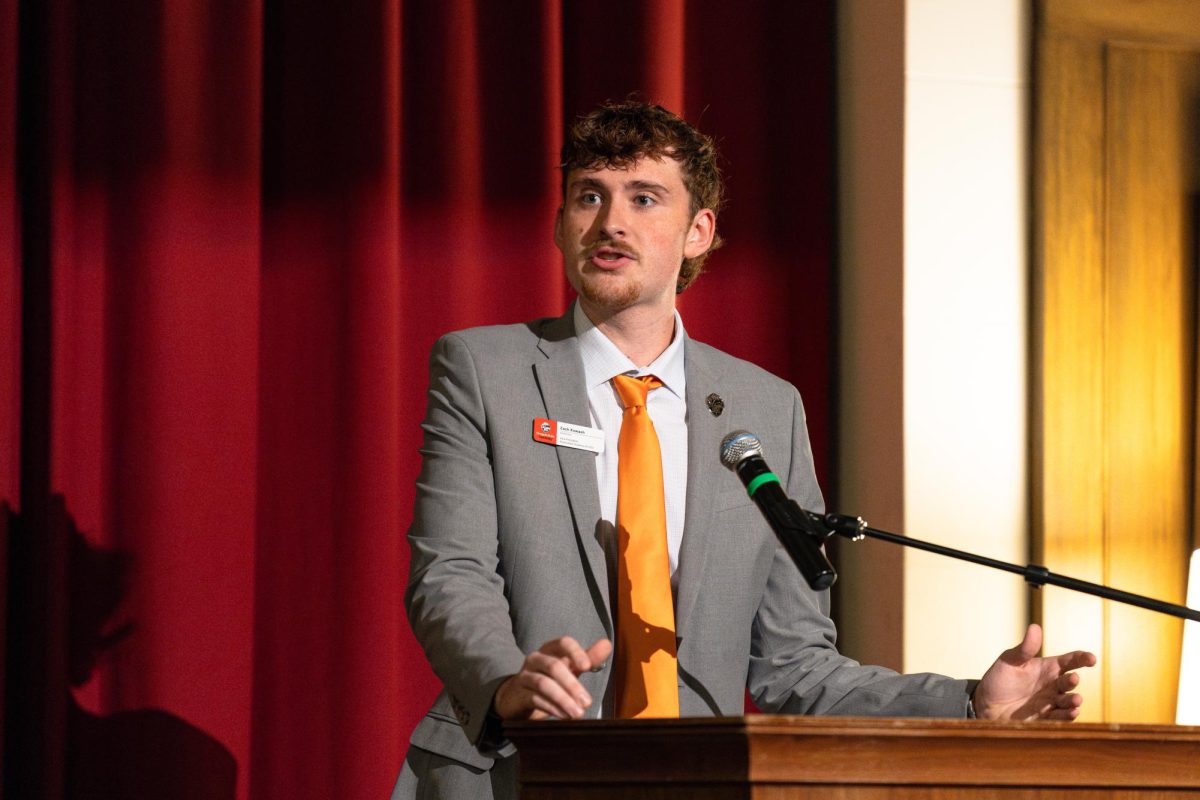Editor’s Note: A correction has been made for what day the email from Rob Odom was sent out. This story has been updated to add Rob Odom’s responses to follow up questions.
13 students at Oregon State University have had their visas revoked, according to an email sent out on Wednesday from OSU officials.
Such actions came “with little or no notice to (impacted students) or the universities that sponsor them,” said Vice President of University Relations and Marketing Rob Odom on behalf of the university. The email also noted that, due to the sudden and unexpected changes in visa status, the university will increase the frequency with which they check student immigration records in order to better support those impacted.
In an email sent to Barometer on Friday Odom stated, “In the past, it was only necessary to review SEVIS records periodically, such as prior to the beginning of terms. Due to these federal actions, the Office of International Services is checking them daily. ” Odom continued, “SEVIS is a database that the U.S. Department of Homeland Security (DHS) uses to maintain information on F-1 and M-1 visa students who come to the United States to attend schools. What we are seeing in the database is that 13 OSU students have had their records terminated in recent days. Federal authorities have not communicated with OSU about these terminations, which usually indicate a change in immigration status.”
The affected students have been alerted by the OSU Office of International Services “to offer support and will continue to monitor SEVIS records for any changes,” according to the email from Odom.
In the email Odom stated that the university aims to quickly provide impacted students and employees with resources available through the university and community groups. Resources available include ASOSU Student Legal Services for Corvallis campus fee-paying students and referrals to experienced immigration attorneys. Additionally, the university is in regular contact with state and federal elected representatives and officials to describe the impact of federal actions.
No explanation as to why these OSU students’ visas were revoked was provided, but the university said via email, “International students and employees who otherwise maintain their immigration status are typically not at risk of having their immigration status terminated suddenly, arbitrarily or without notification.”
Oregon State, along with other universities, have joined an amicus brief — a formal statement of advocacy submitted by parties not directly involved in a legal proceeding but with an otherwise vested interest in its outcome — in support of a lawsuit filed by the American Association of University Professors and others.
According to the email sent on behalf of the university, the civil action seeks to “challenge federal actions impacting international students and educators, including their speech and expression activities.”
As indicated by the brief, OSU is only one in a slew of universities impacted by the Trump Administration’s student-focused immigration policies. Secretary of State Marco Rubio announced in a March 27 news conference that over 300 student visas had already been revoked and that they “do it every day.” Among these students, many have reported allegedly being targeted by Trump and other executive officials for engaging in pro-Palestinian protests — a practice later confirmed in a memo signed by Rubio — raising free speech concerns across college campuses.
OSU has not been the only Oregon university to face sudden changes in students’ immigration status. News broke on April 2 that a student at the University of Oregon had their visa suddenly revoked and was ordered to leave the country. As of this Thursday, that number is up to four students. Portland State University also announced on Tuesday that the visas of two students and one recent graduate had been revoked, according to university officials.
OSU’s immigration resources website has more information on university policy as well as on-campus support options, a “know your rights” guide and a PSA about a spike in impersonations of ICE agents.
The Barometer will continue to cover this story and ask questions as it develops.



















































































![Newspaper clipping from February 25, 1970 in the Daily Barometer showing an article written by Bob Allen, past Barometer Editor. This article was written to spotlight both the student body’s lack of participation with student government at the time in conjunction with their class representatives response. [It’s important to note ASOSU was not structured identically to today’s standards, likely having a president on behalf of each class work together as one entity as opposed to one president representing all classes.]](https://dailybaro.orangemedianetwork.com/wp-content/uploads/2025/03/Screenshot-2025-03-12-1.00.42-PM-e1741811160853.png)




































